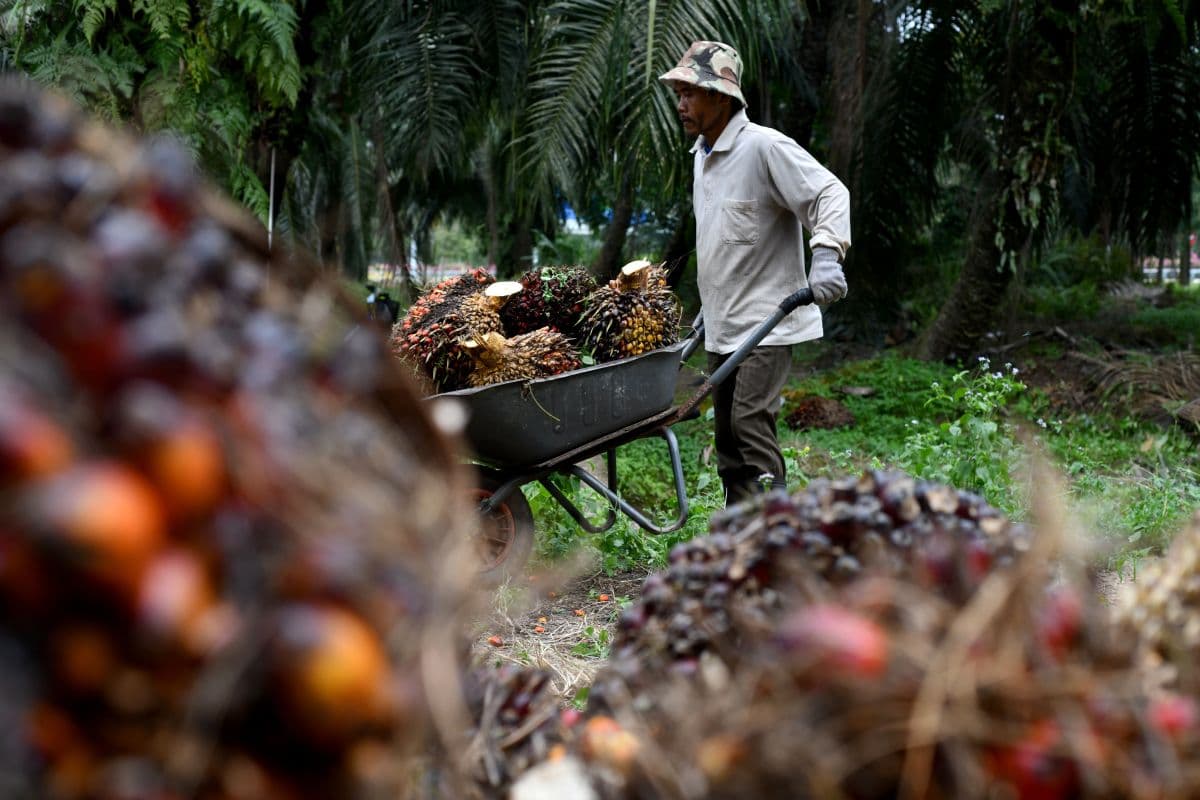
KUALA LUMPUR (Nov 18): The vast majority of palm oil producers have not assessed climate risk despite the industry contributing significantly to the world’s greenhouse gas emissions, according to the Zoological Society of London (ZSL).
The international conservation charity, which published its annual assessment of 100 of the world’s most significant palm oil companies on Thursday, called on the industry to take climate change seriously and play its part in tackling the world’s climate and biodiversity crises.
Of the 100 producers, processors and traders of palm oil, only seven companies have conducted and published an assessment of the risks posed to their business by climate change, the chairity said on its website.
This comes after a recent report by Orbitas, a climate change analysis group, that describes the palm oil industry as "highly exposed to global and local climate transitions", due to the industry’s high export volume, reliance on land and use of emissions-intensive fertilisers and diesel fuels.
Orbitas — using the scenario of global average temperature rising 1.5°C above pre-industrial levels — projects that demand will outstrip supply due to population growth and increasing demand for bioenergy which would drive palm oil prices and land value up.
This increases pressure on producers to expand production and put the environment at even greater risk unless they quickly move towards sustainable low carbon techniques.
“As demand for palm oil increases, so will the pressure on land managers to improve production at all costs. These production increases are likely to come from the spiralling use of emissions-intensive fertiliser, which can have negative effects on water quality and catastrophic consequences for local communities and wildlife.
“Increased demand and higher prices for palm oil also bring with them a higher risk of corruption and forced labour. It is therefore crucial that palm oil companies put in place climate-risk strategies now so that future demand can be met in the most sustainable way possible,” said Eleanor Spencer, ZSL’s sustainable business specialist for Asia.
According to ZSL, unsustainable palm oil production is one of the biggest contributors to habitat loss in the tropics as it involves clearing and burning forests and peatland to make way for palm oil plantations which accelerates climate change, by releasing the stored carbon into the atmosphere through the draining of peat swamps.
Citing a study published in Nature in 2020, ZSL said that the conversion of peat swamp into palm oil plantations in Southeast Asia alone contributed up to 0.8% of total global greenhouse gas emissions equivalent to almost half of the aviation industry.
Progress has been made, however, as palm oil producers who are assessed by ZSL showed that 70% have committed to zero deforestation, 68% have committed to no planting on peatland and pledges have also been made by 59% to set aside areas for conservation.
“Palm oil producers are significant contributors to global greenhouse gas emissions themselves, and they risk shooting themselves in the foot — as well as accelerating biodiversity loss and contributing to climate-related issues faced by consumers across the world — if they don’t start taking climate change seriously,” Spencer added.
Despite some progress, ZSL said 78% of companies have still failed to make a time-bound target to reduce greenhouse gas emission intensity.
Only 16% of the companies are able to report on how they are monitoring and enforcing their zero-deforestation commitments with their suppliers, while only 27% of producers report their total area planted on peatland and only 15% report greenhouse gas emissions from land-use change.
ZSL noted that palm oil’s utility in food, household products and biofuels has become a polarising topic because it is associated with deforestation and habitat loss.
But it added that palm oil can be produced sustainably and remains the most efficient major vegetable oil crop in terms of yield per hectare, and complete rejection of it would create demand for less efficient alternatives and lead to deforestation and habitat loss.
The conservation charity said it is working with partners and the industry to improve the sustainability of palm oil which includes the world’s largest palm oil sustainability certification scheme, Roundtable on Sustainable Palm Oil (RSPO).